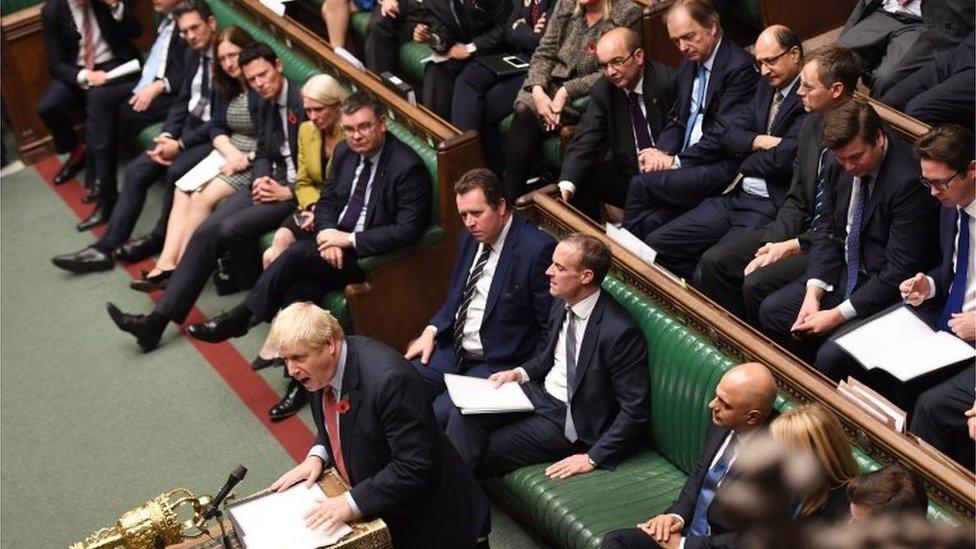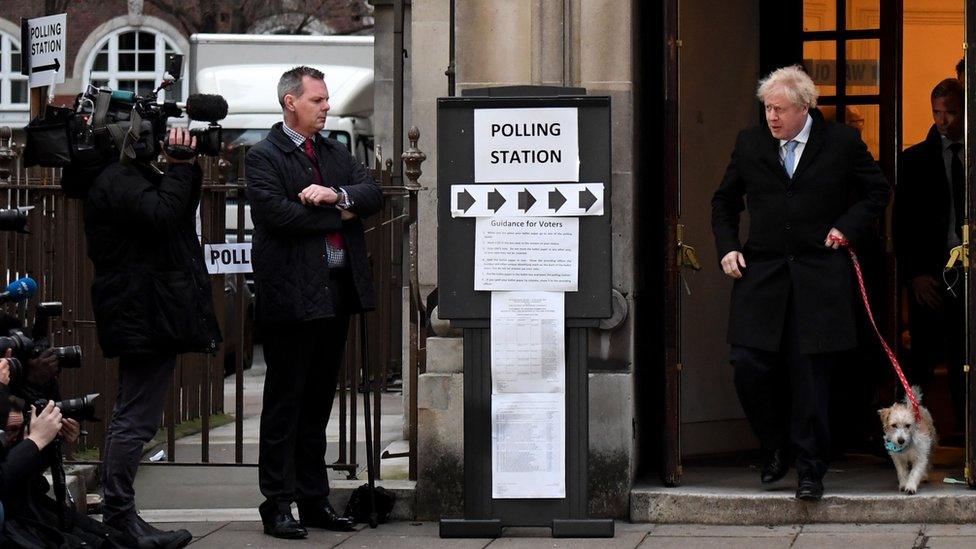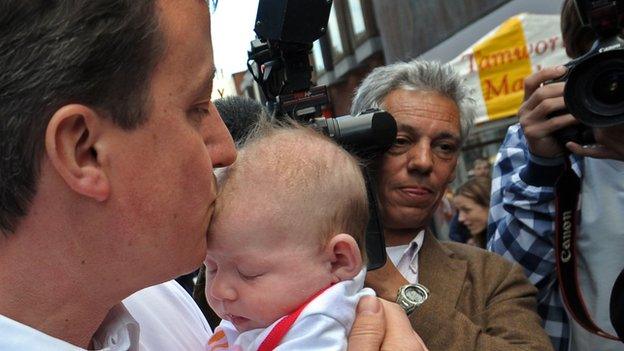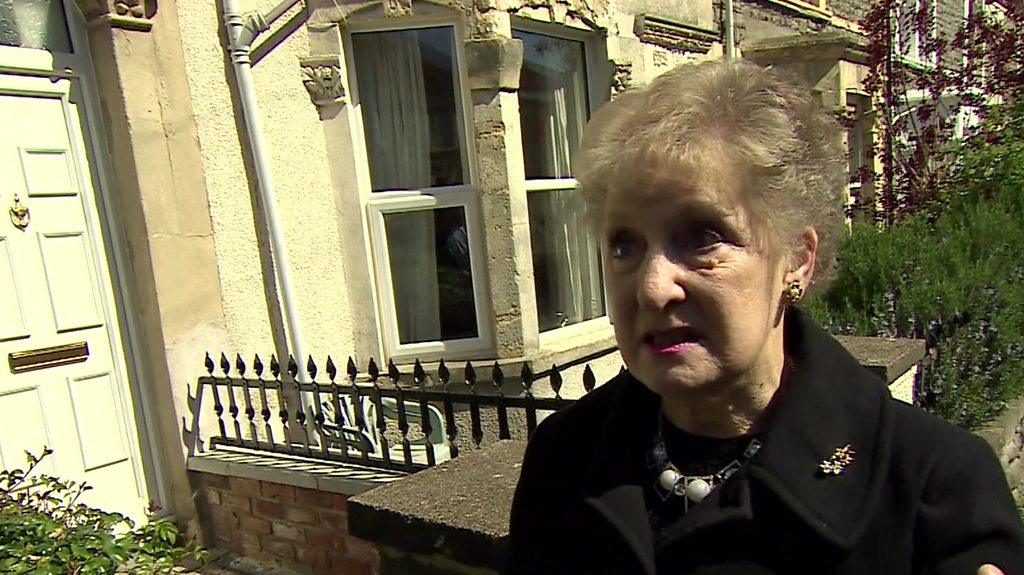Boris Johnson able to call early election under proposed new law
- Published
- comments

Boris Johnson asking MPs to support an early election in October 2019
Boris Johnson could be given the power to call an early election under a new law proposed by the government.
The Fixed-Term Parliaments Act 2011 took away the prime minister's power to hold an early election without the approval of MPs.
But the government has now begun the process to scrap the act, as it said it would in its pre-election pledges.
Last month MPs warned against handing the power to set the election date back to prime ministers.
The government said their new bill would reinstate "tried-and-tested constitutional arrangements" and prevent parliamentary stalemates.
The next election is currently scheduled for 2 May 2024.
The Fixed-Term Parliaments Act was brought in by then-Prime Minister David Cameron to reassure his Liberal Democrat coalition partners that he would not call an early election.
The law states that there can only be an early election if the government lost a vote of confidence or if it is supported by a two-thirds majority in the House of Commons.
It also created a fixed five year period between elections.
Before the act, prime ministers would have to ask the Queen to dissolve Parliament - essentially meaning prime ministers could call an election whenever they wanted.
At the 2019 election, the Conservatives promised to get rid of the law arguing that it had "led to paralysis at a time the country needed decisive action".
Last autumn, Boris Johnson tried to call an election following several failed attempts to get his Brexit deal approved in Parliament.
MPs initially rejected, but later accepted, his efforts to call an early election in order to break the Brexit deadlock.
The House of Commons also approved an early election in 2017 at the request of Mr Johnson's predecessor Theresa May.
'Unfair advantage'
In September a Commons committee said the current law had "limited the ability of incumbent governments to gain an unfair advantage over their opponents by choosing an election date that suits their political ends".
It said: "Whatever legislation replaces the act it is important that this 'level playing field' for democracy is maintained."
Constitution minister Chloe Smith said: "The Fixed-term Parliaments Act caused constitutional chaos last year which, when combined with total gridlock in Parliament, meant the previous government couldn't deliver what it was asked to do.
"So we are going back to the system that lets elections happen when they are needed - we want to return to constitutional arrangements that give people more confidence in what to expect, and more security."
A cross-party committee of parliamentarians will scrutinise a draft of the bill.
Related topics
- Published15 September 2020

- Published22 January 2014

- Published18 April 2017
